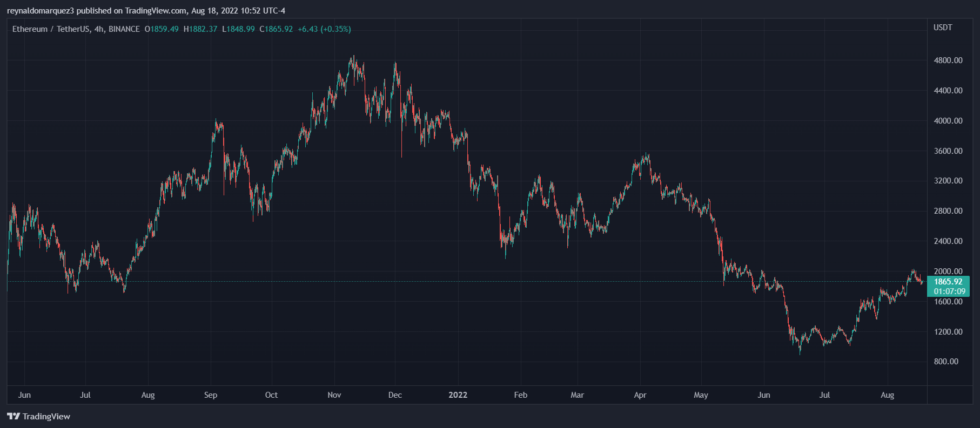Per a press release from the U.S. Justice Department, an alleged crypto money laundering scheme has taken a hit. Authorities from this country managed to extradite a Russian national that allegedly laundered as much as $70 million.
The suspect is called Denis Mihaqlovic Dubnikov (29) will face charges in the District of Oregon, Portland. The suspect was being presented in federal court, at the time of the announcement, and will need to await a five-day jury trial scheduled for October.
If Dubnikov is found guilty, he could face up to 20 years in prison. According to the U.S. Justice Department, the suspect and his alleged network of conspirators used their scheme to launder the proceeds from ransomware attacks that targeted U.S.-based entities and abroad.
The Department of Justice claims that Dubnikov and his collaborators allegedly used a malware called “Ryuk”. Identified in 2018, this malicious software is used by bad actors to take over a computer or network, locking out legitimate users and with the potential to wipe out the current data and backup from the serves.
The Department of Justice said this about Ryuk and its potential to wreak havoc for multiple users and sectors:
Of note, Ryuk can target storage drives contained within or physically connected to a computer, including those accessible remotely via a network connection. Ryuk has been used to target thousands of victims worldwide across a variety of sectors
The press release stated the following about the alleged money laundering scheme created by Dubnikov:
After receiving ransom payments, Ryuk actors, Dubnikov and his co-conspirators, and others involved in the scheme, allegedly engaged in various financial transactions, including international financial transactions, to conceal the nature, source, location, ownership, and control of the ransom proceeds.
Crypto Industry Sees $2 billion In Hacks In 2022
The crypto industry has been severely impacted by bad actors infiltrating, sabotaging, and stealing from everyday users. As Bitcoinist reported, hackers have stolen around $2 billion from the sector in the first half of 2022. This represents a 60% increase from the previous year.
Since January this year, the crypto industry has seen some of the biggest hacks in its history. Many have been allegedly conducted by hackers and cyber rogue groups sponsored by Russia and North Korea.
The majority of projects affected are based on the decentralized finance (DeFi) sector, in particular, protocols that enable cross-chain interactions or “bridges”. On-chain research firm Chainalysis said:
We estimate that so far in 2022, North Korea-affiliated groups have stolen approximately $1 billion of cryptocurrency from DeFi protocols.
In that sense, the U.S. and other international authorities have called for more scrutiny of the industry. Ransomware attacks negatively impacted several key components of the U.S. economy in 2021. In
October 2021, members from the international community committed to double their efforts to stop cyber criminals and take additional measures to improve their security. This might have led to Dubnikov’s arrest and subsequent trial. At that time, the U.S. and its allies said:
(This) Efforts will include improving network resilience to prevent incidents when possible and respond effectively when incidents do occur; addressing the abuse of financial mechanisms to launder ransom payments or conduct other activities that make ransomware profitable.


